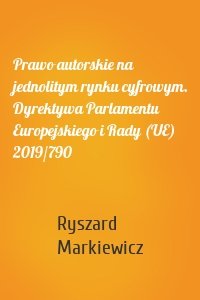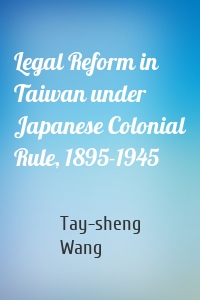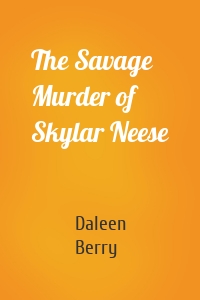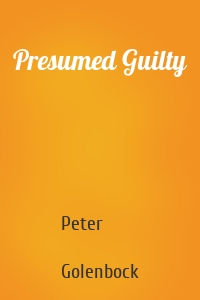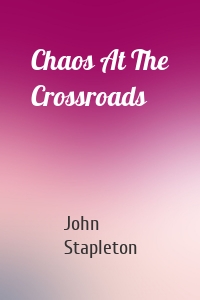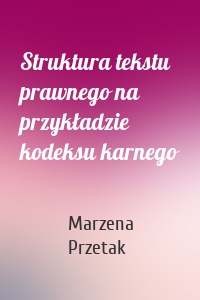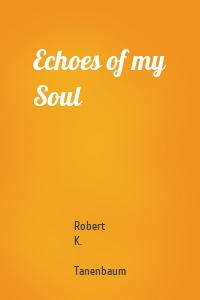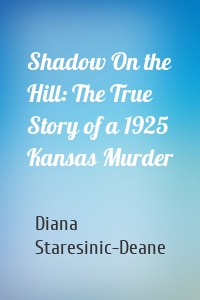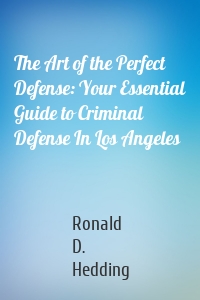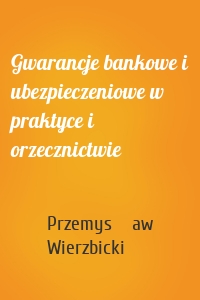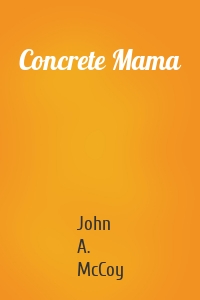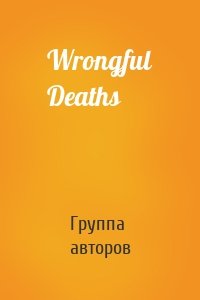Юриспруденция, право
7421 кн.
Media Circus
Imagine losing a loved one in the public eye.A media frenzy ensues and spreads your family name through the news. Reporters ambush you, and across the country, strangers gossip about your personal loss.Welcome to the circus.No one understands better than Kim Goldman the complex emotions of individuals suffering a personal tragedy under the relentless gaze of the media. During the famed O.J. Simpson trial, Kim, whose brother, Ron Goldman, was brutally murdered, became the public poster child for...
| Автор | Kim Goldman |
Sine Die
This 1997 edition of Sine Die is a completely new book. Since the first edition of Sine Die was published in 1987, there have been dramatic changes in the Washington State Legislature and in state politics. Limits have been placed on campaign contributions and reporting requirements are expanded; ethics laws were passed following revelations of improper use of caucus staff; Initiative 601 was passed by the voters imposing limitations on state taxing and spending powers; the legislative process...
| Автор | Edward D. Seeberger |
Legal Reform in Taiwan under Japane...
Taiwan�s modern legal system–quite different from those of both traditional China and the People�s Republic–has evolved since the advent of Japanese rule in 1895. Japan has gradually adopted Western law during the 19th-century and when it occupied Taiwan–a frontier society composed of Han Chinese settlers–its codes were instituted for the purpose of rapidly assimilating the Taiwanese people into Japanese society.Tay-sheng Wang�s comprehensive study lays a solid...
| Автор | Tay-sheng Wang |
The Savage Murder of Skylar Neese
New York Times BestsellerJournalist Daleen Berry and investigator Geoffrey Fuller give you the little-known details behind one of the most horrific and shocking murders of our time.One hot July night, three popular, pretty girls snuck out for a midnight joyride. Only two came back.Stabbed so savagely she was almost decapitated, Skylar Neese was left bloody on the side of the road, buried beneath rocks and branches.For six months, people wondered and waited, hoping Skylar would return. Instead,...
| Автор | Daleen Berry |
Presumed Guilty
New York Times bestseller Presumed Guilty exposes shocking, never-before revealed, exclusive information from the trial of the century and the verdict that shocked the nation.When Caylee Anthony was reported missing in Orlando, Florida, in July 2008, the public spent the next three years following the investigation and the eventual trial of her mother, Casey Anthony. On July 5, 2011, the case that captured headlines worldwide exploded when, against all odds, defense attorney Jose Baez delivered...
| Автор | Peter Golenbock |
Chaos At The Crossroads
Chaos At The Crossroads tells the story of the long struggle for family law reform in Australia. It also tells the story of the formation of Dads On The Air. What began with a small group of disgruntled separated men in Western Sydney in 2000 has gone on to become the world's longest running and most famous radio program dedicated to issues around fatherhood, regularly interviewing national and international activists, advocates, academics and authors. Its archives now present a...
| Автор | John Stapleton |
Echoes of my Soul
"Stunning, riveting." –Linda Fairstein"Tanenbaum knows this territory better than anyone." –Linda FairsteinIt was a muggy summer day when Janice Wylie and Emily Hoffert were murdered in their apartment on Manhattan's Upper East Side. Months passed before police arrested George Whitmore, Jr., and he confessed to the crime. But his incarceration would entail a host of shocking law enforcement missteps and cover-ups. In this first insider's account, New York Times bestselling author...
| Автор | Robert K. Tanenbaum |
Shadow On the Hill: The True Story...
It was the most brutal murder in the history of Coffey County, Kansas.<br><br>On May 30, 1925, Florence Knoblock, a farmer's wife and the mother of a young boy, was found slaughtered on her kitchen floor. Several innocent men were taken into custody before the victim's husband, John, was accused of the crime. He would endure two sensational trials before being acquitted.<br><br>Eighty years later, local historian Diana Staresinic-Deane studied the...
| Автор | Diana Staresinic-Deane |
The Art of the Perfect Defense: You...
The ultimate justice of the people? Is there any better or equal hope in the world?—Abraham Lincoln <br><br>* Have you been bailed or cited out or released from custody? <br>* Do you have a criminal case pending against you? <br>* Have you been taken into custody? <br>* Are you the subject of a criminal investigation? <br><br>If so, your freedom and reputation are at risk. You are now charged with making decisions that could forever change your...
| Автор | Ronald D. Hedding |
Concrete Mama
Journalists John McCoy and Ethan Hoffman spent four months inside the walls of the Washington State Penitentiary at Walla Walla in 1978, just as Washington, once a leader in prison reform, abandoned its focus on reform and rehabilitation and returned to cell time and punishment. It was a brutal transition.McCoy and Hoffman roamed the maximum-security compound almost at will, observing and befriending prisoners and guards. The result is a striking depiction of a community in which there was...
| Автор | John A. McCoy |
The Boy Who Shot the Sheriff
In 1931, a 12-year-old boy shot and killed the sheriff of Asotin, Washington. The incident stunned the small town and a mob threatened to hang him. Both the crime and Herbert Niccolls's eventual sentence of life imprisonment at the Washington State Penitentiary in Walla Walla drew national attention, only to be buried later in local archives.Journalist Nancy Bartley has conducted extensive research to construct a compelling narrative of the events and characters that make this a unique...
| Автор | Nancy Bartley |
Wrongful Deaths
This collection presents and analyzes inquest records that tell the stories of ordinary Korean people under the Choson court (1392-1910). Extending the study of this period, usually limited to elites, into the realm of everyday life, each inquest record includes a detailed postmortem examination and features testimony from everyone directly or indirectly related to the incident. The result is an amazingly vivid, colloquial account of the vibrant, multifaceted sociocultural and legal culture of...
| Автор | Группа авторов |
Ipse Dixit
During William L. Dwyer's fifteen-year tenure as a U.S. District Court judge, he presided over many complex and groundbreaking cases. In one of his most controversial rulings, he engaged environmentalists and the timber industry in a heavily publicized and emotionally fraught battle over the territory of the northern spotted owl, ultimately approving the bird for �threatened species� status and forcing the Forest Service to substantially reduce logging in owl-habitat...
| Автор | William L. Dwyer |


